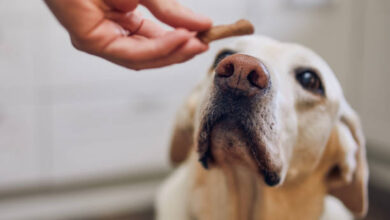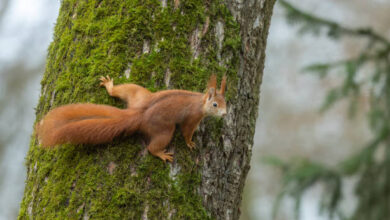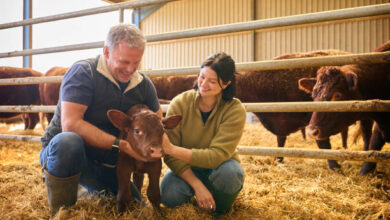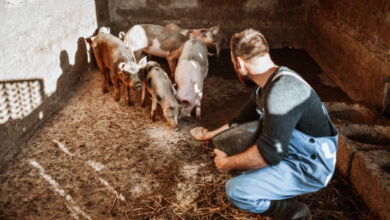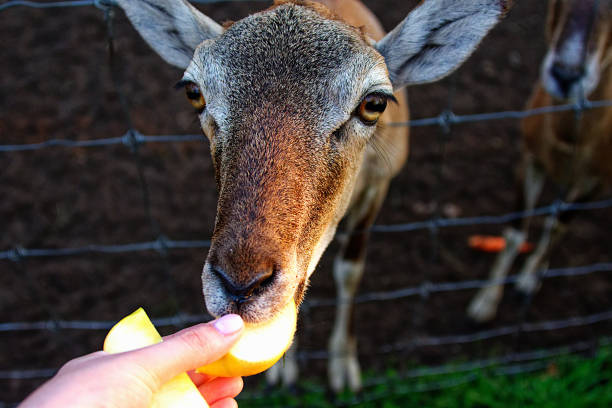
Do Deer Eat Oranges? Understanding Deer Diet Preferences
Deer are fascinating creatures with varied diets that change with the seasons and available resources. One question that often arises among nature enthusiasts and gardeners alike is: do deer eat oranges? This blog post explores the dietary preferences of deer, the nutritional value of oranges for these animals, and practical tips for managing deer interactions with your garden.
Understanding the Diet of Deer
- General Diet of Deer
Deer are herbivores with a diverse diet primarily consisting of grass, leaves, twigs, and shrubs. They are also known to eat fruits, nuts, and fungi, adapting their feeding habits based on the season and availability of food. In the spring and summer, deer consume a variety of fresh vegetation, while in the fall, they shift to nuts and fruits to build up fat reserves for winter. A varied diet is crucial for maintaining their health and energy levels.
- Fruits in Deer Diet
Fruits are a natural part of a deer’s diet, providing essential vitamins and sugars. Common fruits consumed by deer include apples, berries, and sometimes even pears. These fruits offer nutritional benefits such as vitamins A and C, which support overall health and immune function. The availability of fruits can significantly influence deer feeding patterns, as they will readily consume what is accessible and abundant in their habitat.
YOU MAY LOVE TO READ:
What Are the 7 Parts of a Plant and Their Functions?
What Is Animalism In Animal Farm: (George Orwell’s Animal Farm)
How to Farm Vanguard Engrams Efficiently in Destiny 2: A Complete Guide
What Animal Eats Snakes? Unveiling Nature’s Predators
Do Deer Eat Oranges?
- Nutritional Value of Oranges
Oranges are packed with vitamins and minerals, particularly vitamin C, which is beneficial for boosting the immune system. They also contain fiber, potassium, and various antioxidants. While oranges offer these nutritional benefits, they also have a high acid content, which may not be ideal for deer in large quantities. Therefore, oranges can be a beneficial but occasional part of a deer’s diet.
- Observations and Studies
Anecdotal evidence suggests that deer will eat oranges, especially when other food sources are scarce. Gardeners have reported seeing deer nibbling on fallen oranges or even picking them directly from trees. Scientific studies on this specific behavior are limited, but it’s generally understood that deer are opportunistic feeders. Factors such as the region, the availability of other food sources, and the individual deer’s preferences play a role in whether deer will eat oranges.
Practical Implications for Gardeners and Farmers
- Protecting Your Garden from Deer
For gardeners and farmers, deer can be both a delightful sight and a nuisance. If you want to protect your garden from deer, there are several methods you can employ. Physical barriers like fencing are highly effective. Ensure the fence is at least 8 feet tall, as deer are excellent jumpers. You can also use deer repellents, which come in both commercial and homemade varieties. These repellents often contain scents or tastes that deer find unpleasant, such as garlic, hot pepper, or predator urine.
- Providing Food for Deer
If you’re interested in feeding deer, whether in the wild or captivity, it’s important to provide safe and nutritious options. Apples, carrots, and specially formulated deer feed are good choices. Avoid feeding them processed foods or anything that could harm their health. Additionally, consider the legal and ethical implications of feeding wild deer, as it can affect their natural behaviors and interactions with their environment.
Conclusion
While deer do eat oranges, it is typically not a significant part of their diet. They are more likely to consume oranges when other food sources are limited. Understanding the dietary preferences of deer can help you manage your garden and interactions with these beautiful animals more effectively. If you’ve had experiences with deer eating oranges, we encourage you to share your observations and tips in the comments below.

